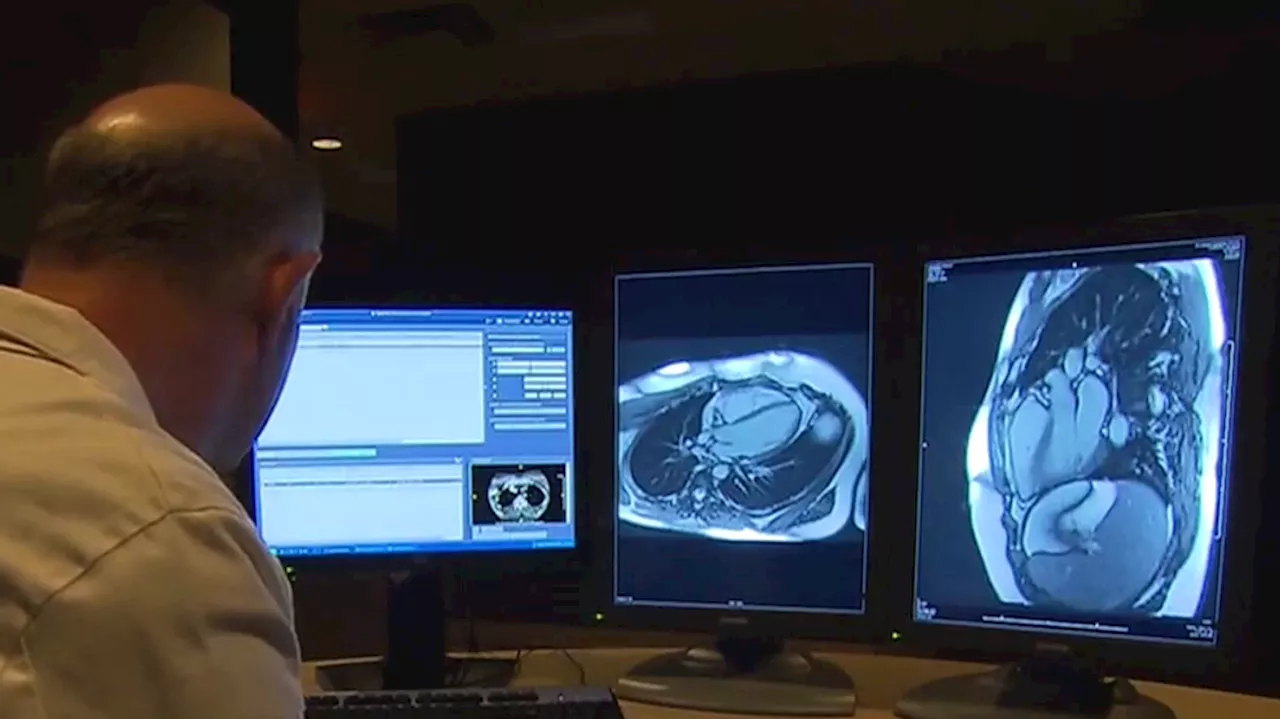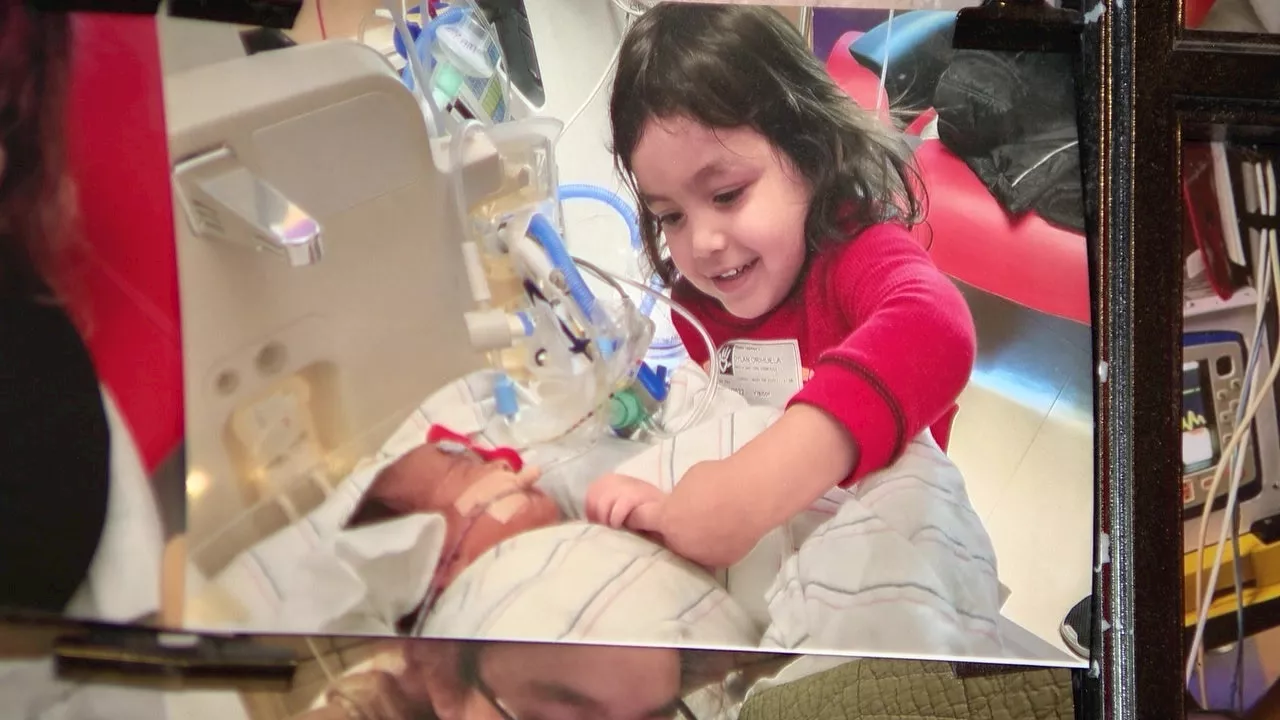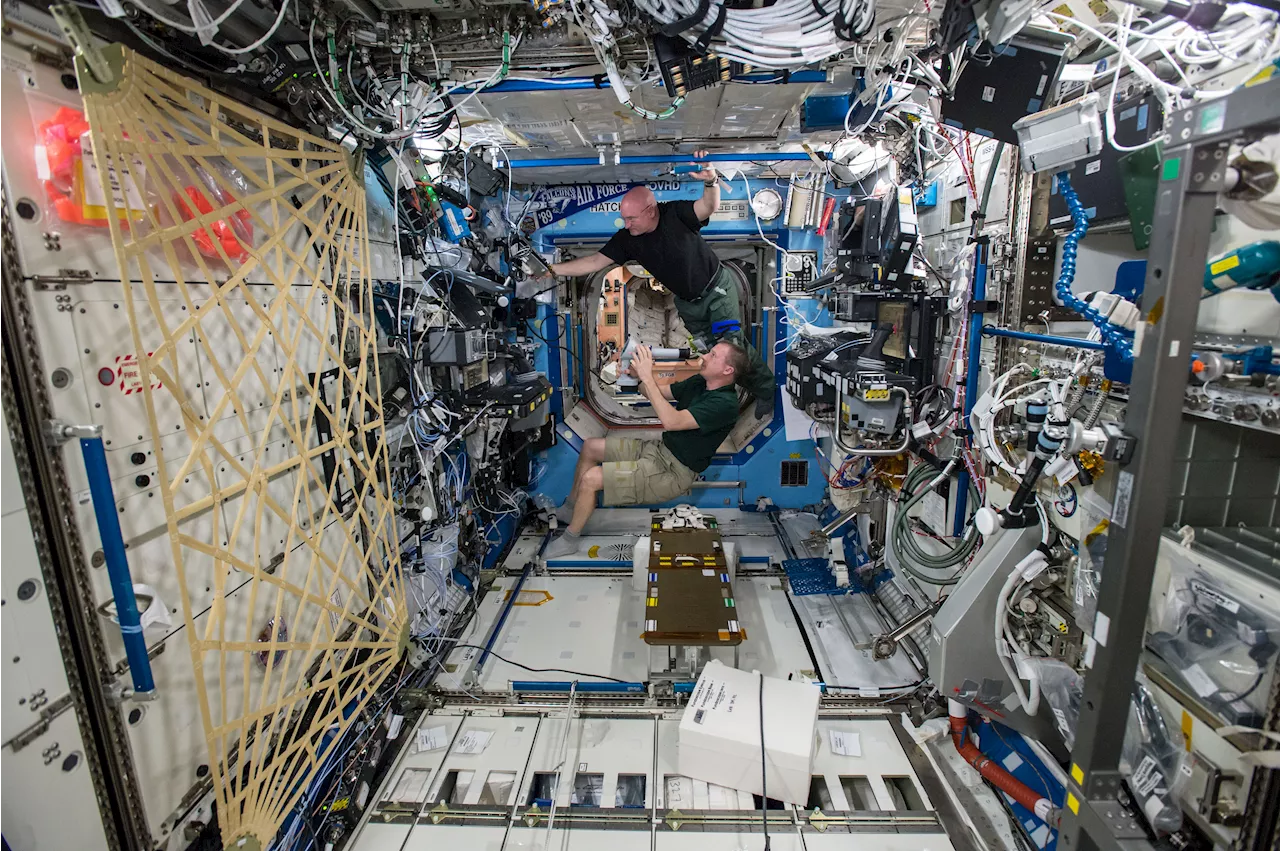A new study conducted on the International Space Station (ISS) reveals that microgravity significantly impacts heart tissue. Researchers found that exposure to space's low-gravity environment weakens heart tissue and its ability to maintain a steady rhythm.
It’s no secret that spending extended periods in space takes a toll on the human body. For years, NASA and other space agencies have been researching the effects of microgravity on humans, animals, and plants aboard the. So far, the research has shown that being in space for long periods leads to muscle atrophy, bone density loss, changes in vision, gene expression, and psychological issues.
To create this payload, the team relied on human-induced pluripotent stem cells , which can become many types of cells, to produce cardiomyocytes . These resulting tissues were placed in a miniaturized bioengineered tissue chip designed to mimic the environment of an adult human heart. The chips would then collect data on how the tissues would rhythmically contract, imitating how the heart beats.
When the tissue chambers returned to Earth, he and his colleagues continued to maintain and collect data from the samples to see if there was any change in their abilities to contract. In addition to losing strength, the muscle tissues developed arrhythmias, consistent with age-related heart conditions. In a healthy human heart, the time between beats is about a second, whereas the tissue samples lasted nearly five times as long – though they returned to nearly normal once returned to Earth.
Space Exploration Microgravity Heart Health ISS NASA
United States Latest News, United States Headlines
Similar News:You can also read news stories similar to this one that we have collected from other news sources.
 Heart-to-Heart | Heart Disease and WomenHeart disease is the number killer in both men and women in the United States. Signs of heart disease can either be clear as day or nebulous. There can often be
Heart-to-Heart | Heart Disease and WomenHeart disease is the number killer in both men and women in the United States. Signs of heart disease can either be clear as day or nebulous. There can often be
Read more »
 Children's Heart Foundation hosts Congenital Heart Walk to raise awareness for newborns with heart defectsThe Children's Heart Foundation is hosting one of its 33 heart walks in Gilbert to raise awareness for what the CDC says is the most common type of defects in newborns.
Children's Heart Foundation hosts Congenital Heart Walk to raise awareness for newborns with heart defectsThe Children's Heart Foundation is hosting one of its 33 heart walks in Gilbert to raise awareness for what the CDC says is the most common type of defects in newborns.
Read more »
 Wearable heart monitor increases diagnosis of irregular heart rhythmWearable, long-term continuous heart monitors helped identify 52% more cases of atrial fibrillation compared to usual care, but that did not lead to a reduction in hospitalizations due to stroke, according to a new study.
Wearable heart monitor increases diagnosis of irregular heart rhythmWearable, long-term continuous heart monitors helped identify 52% more cases of atrial fibrillation compared to usual care, but that did not lead to a reduction in hospitalizations due to stroke, according to a new study.
Read more »
 Microgravity Studies Could Lead to New Materials for Space ManufacturingJAXA researchers have discovered that titanium-based compounds solidified in microgravity and on Earth exhibit similar internal structures. This finding could pave the way for developing novel materials tailored for space manufacturing.
Microgravity Studies Could Lead to New Materials for Space ManufacturingJAXA researchers have discovered that titanium-based compounds solidified in microgravity and on Earth exhibit similar internal structures. This finding could pave the way for developing novel materials tailored for space manufacturing.
Read more »
 Heartbeats Weaken After Just a Month in SpaceHeart tissue that spent one month in space was found to beat irregularly, while proteins and mitochondria in heart cells became dysfunctional.
Heartbeats Weaken After Just a Month in SpaceHeart tissue that spent one month in space was found to beat irregularly, while proteins and mitochondria in heart cells became dysfunctional.
Read more »
 USD/INR gathers strength ahead of Indian/US PMI dataThe Indian Rupee (INR) weakens on Tuesday, pressured by the recovery of the Greenback.
USD/INR gathers strength ahead of Indian/US PMI dataThe Indian Rupee (INR) weakens on Tuesday, pressured by the recovery of the Greenback.
Read more »
